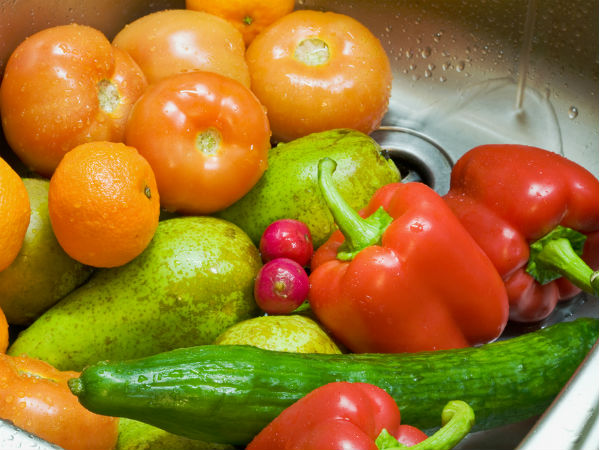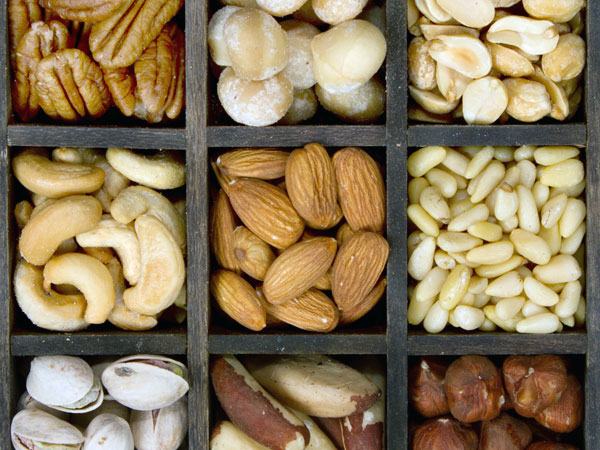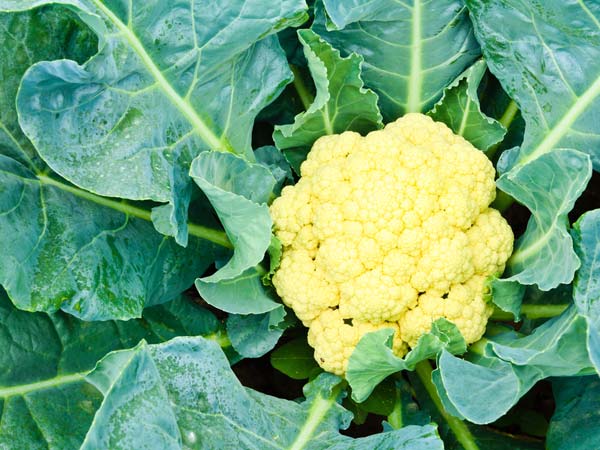Just In
- 1 hr ago

- 2 hrs ago

- 4 hrs ago

- 12 hrs ago

Don't Miss
- News
 PM Modi Runs 'School Of Corruption', Teaching 'Entire Corruption Science': Rahul Gandhi
PM Modi Runs 'School Of Corruption', Teaching 'Entire Corruption Science': Rahul Gandhi - Finance
 Senior Citizens Benefits: Top Banks Offer High FD Interest Rates
Senior Citizens Benefits: Top Banks Offer High FD Interest Rates - Sports
 IPL 2024: Robin Uthappa On What Could Be The Only Factor Stopping MS Dhoni From Playing Beyond This Season
IPL 2024: Robin Uthappa On What Could Be The Only Factor Stopping MS Dhoni From Playing Beyond This Season - Movies
 Metro In Dino: When Ananya Panday Warns Sara Ali Khan Not To Touch Aditya Roy Kapur As She Pairs Up With Him
Metro In Dino: When Ananya Panday Warns Sara Ali Khan Not To Touch Aditya Roy Kapur As She Pairs Up With Him - Technology
 Garena Free Fire Max Redeem Codes for April 20, 2024: Get Access to the Latest In-game Loot
Garena Free Fire Max Redeem Codes for April 20, 2024: Get Access to the Latest In-game Loot - Automobiles
 Ford Mustang 60th Anniversary Package – Limited To Just 1,965 Units
Ford Mustang 60th Anniversary Package – Limited To Just 1,965 Units - Education
 Exam Pressure Does Not Exist; Studying Punctually is Crucial; Says Aditi, the PSEB 2024 Topper
Exam Pressure Does Not Exist; Studying Punctually is Crucial; Says Aditi, the PSEB 2024 Topper - Travel
 Journey From Delhi To Ooty: Top Transport Options And Attractions
Journey From Delhi To Ooty: Top Transport Options And Attractions
5 Foods To Include & 5 Foods To Avoid If You Have Hyperthyroidism
Hyperthyroidism diet is very important to control the adverse effects of this disorder. Read this article to find out the 5 foods to be included and excluded from the diet.
The thyroid gland, which is located in the front side of the neck, has a huge impact on all the metabolic processes in the body. One of the most common problems that occurs in the thyroid gland is hyperthyroidism, which involves the abnormal production of thyroid hormones.
Some of the symptoms that occur in the body can be a loss in weight, irregular heartbeat, weakness and difficulty in sleeping.
Hyperthyroidism occurs when the thyroid produces excess amount of primary hormones that control how the cells use energy. One of the most common causes of hyperthyroidism is Grave's disease that could lead to an excess secretion of hormones from the thyroid due to the stimulation of antibodies.
Due to hyperthyroidism, patients may also experience an increase in heart rate, hand tremors and high blood pressure. It may also cause frequent bowel movements, irregular menstrual cycle and weight loss. They may also experience nervousness, restlessness and an inability to concentrate.
Hyperthyroidism can be avoided with the help of a strict balanced diet. There are certain foods that must be a part of the diet for sure. However, there are also some foods that have to be avoided by patients with hyperthyroidism.
5 Foods To Be Included In The Hyperthyroidism Diet:

1.
Whole
Grains:
Hyperthyroidism
leads
to
severe
constipation
and
a
perfect
solution
to
avoid
this
is
to
include
a
lot
of
fibre-rich
foods
in
the
diet.
For
this
purpose,
you
may
consume
whole
grains
in
the
form
of
brown
rice,
oats
and
quinoa.

2.
Beans:
As
people
suffering
from
hyperthyroidism
experience
constant
fatigue
and
often
feel
drained,
beans
help
in
sustaining
the
energy
in
their
body.
Beans
are
a
rich
source
of
antioxidants,
vitamins,
minerals
and
proteins
and
will
serve
its
purpose
very
well.

3.
Fish:
Fish
contains
essential
fatty
acids
and
can
be
considered
as
a
natural
treatment
for
hyperthyroidism.
Salmon,
trout,
sardines
and
tuna
contain
omega-3
fatty
acids
that
help
in
reducing
inflammation,
lower
the
risk
of
heart
diseases
and
boost
the
immune
power
of
people
suffering
from
hyperthyroidism.

4.
Fruits
And
Vegetables
Rich
In
Antioxidants:
Consuming
fruits
and
vegetables
rich
in
antioxidants
helps
in
cleansing
the
system
as
well
as
to
flush
out
the
toxins
from
the
body.
They
support
the
working
of
the
thyroid
gland
as
well
as
help
control
weight
gain.
Examples:
Tomatoes,
sweet
potatoes,
blueberries,
cherries,
etc.

5.
Nuts:
Hyperthyroidism
leads
to
an
increase
in
appetite,
and
nuts
can
be
considered
as
the
best
pals
to
satiate
your
hunger
pangs.
Nuts
are
a
major
source
of
selenium
that
makes
it
an
essential
food
to
be
a
part
of
the
diet
of
a
patient
affected
by
hyperthyroidism.
5 Foods To Be Excluded In The Hyperthyroidism Diet:

1.
Fatty
Foods:
Fatty
foods
contain
trans
fats
and
saturated
fatty
acids
that
decrease
the
capacity
of
the
body
to
absorb
thyroid
hormones.
They
also
affect
the
functioning
of
thyroid
glands
to
produce
hormones.
It
is
always
better
to
avoid
this
in
the
diet.

2.
Alcohol
And
Caffeine:
Alcohol
decreases
the
capacity
of
the
body
to
use
thyroid
hormones
effectively.
Caffeine
affects
the
absorption
of
medicines
into
the
intestines
and
also
disturbs
the
healing
effect
of
thyroid
medication.

3.
Cruciferous
Vegetables:
These
vegetables
may
have
an
adverse
impact
on
the
functioning
of
the
thyroid
gland.
They
may
affect
the
gland's
ability
to
absorb
iodine,
which
is
important
for
the
normal
functioning
of
the
thyroid
gland.
Examples:
Cauliflower,
broccoli,
turnips,
cabbages,
etc.

4.
Soy
Products:
Soy-rich
foods
contain
phytoestrogens
that
wreak
havoc
in
the
functioning
of
the
enzyme
thyroid
peroxidase,
which
forms
the
thyroid
hormone.
Further,
consumption
of
soy
also
increases
the
risk
of
developing
hyperthyroidism.

5.
Processed
Foods:
Processed
foods
contain
a
high
amount
of
sodium;
and
hyperthyroidism
patients
must
steer
clear
of
sodium.
This
is
because
such
patients
are
at
a
risk
of
developing
hypertension
and
sodium-rich
foods
can
increase
the
risk
three-folds.
-
 wellnessEating Refined Grains Such As White Rice May Increase Premature Heart Disease Risk
wellnessEating Refined Grains Such As White Rice May Increase Premature Heart Disease Risk -
 diabetesAre Millets Good For People With Diabetes?
diabetesAre Millets Good For People With Diabetes? -
 wellnessBarley Tea: Health Benefits, Side Effects And How To Prepare
wellnessBarley Tea: Health Benefits, Side Effects And How To Prepare -
 diet fitnessMIND Diet: Benefits, Foods To Eat And Meal Plan
diet fitnessMIND Diet: Benefits, Foods To Eat And Meal Plan -
 diabetes9 Proven Ways To Never Get Diabetes
diabetes9 Proven Ways To Never Get Diabetes -
 nutritionFoods Rich In Vitamin B4 To Overcome Vitamin B4 Deficiency
nutritionFoods Rich In Vitamin B4 To Overcome Vitamin B4 Deficiency -
 wellness11 Foods To Improve Short-term Memory
wellness11 Foods To Improve Short-term Memory -
 wellnessHere Is How You Can Lower The Risk Of Colon Caner
wellnessHere Is How You Can Lower The Risk Of Colon Caner -
 diet fitnessPrinciples Of Healthy Eating
diet fitnessPrinciples Of Healthy Eating -
 nutrition13 Healthy Whole Grains & Why You Should Eat Them
nutrition13 Healthy Whole Grains & Why You Should Eat Them -
 nutritionWhy You Should Add Black Beans To Your Diet
nutritionWhy You Should Add Black Beans To Your Diet -
 wellness10 Amazing Health Benefits Of White Peas (Safed Matar)
wellness10 Amazing Health Benefits Of White Peas (Safed Matar)


 Click it and Unblock the Notifications
Click it and Unblock the Notifications



